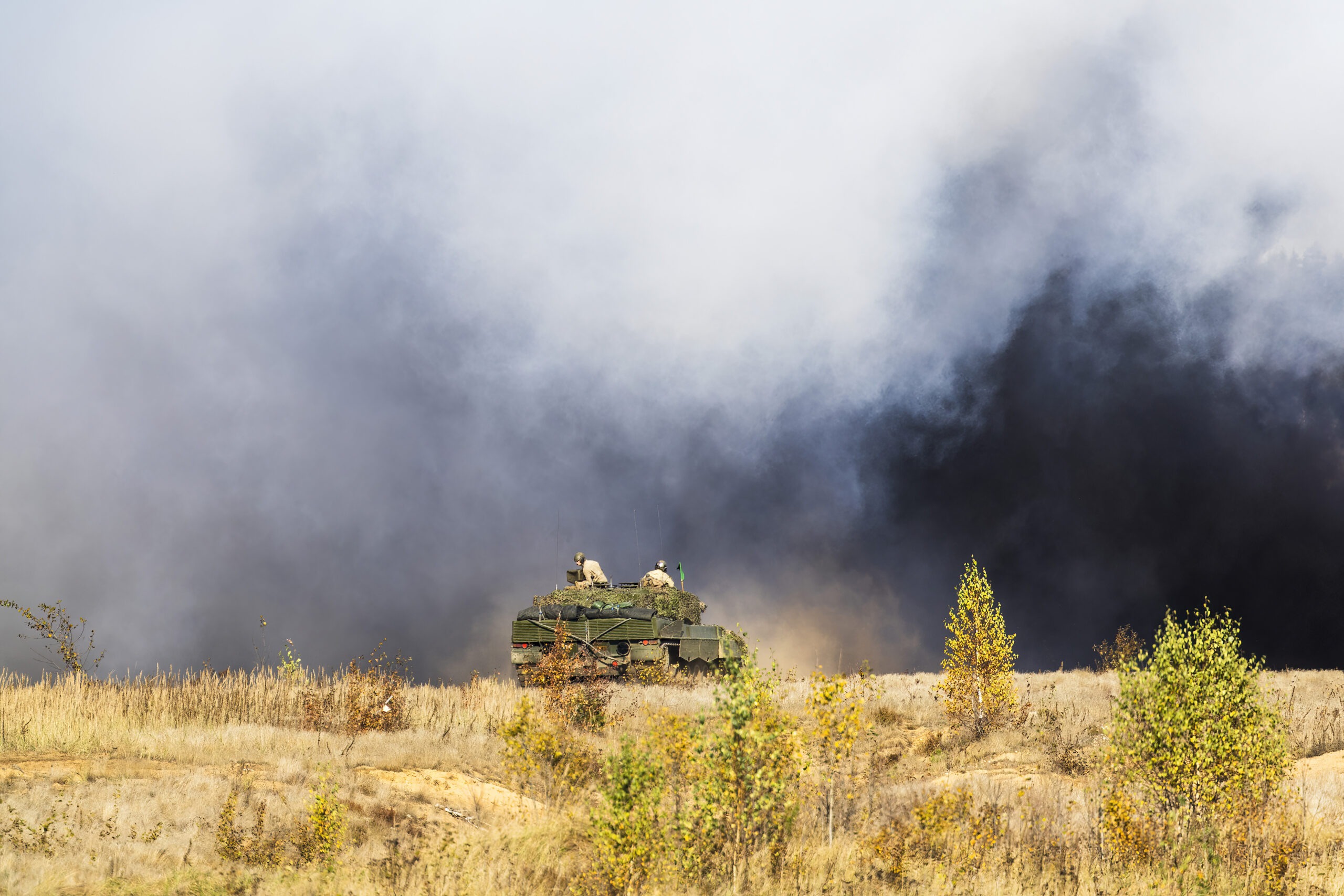
Main narratives:
- Baltic states are Russophobic;
- Baltic states are the real aggressors.
Overview:
Kremlin-aligned Telegram channel “Anti-fascists of Pribaltics” has gained significant traction by portraying Latvia as irrationally aggressive and fundamentally opposed to peace. This framing has dominated their most popular posts over the past two weeks.
NATO military exercises scheduled in Latvia during March and April have been misrepresented as preparation for “an offensive deep into the territory of Russia” and training for “rapid offensive operations” against the Pskov region. This framing distorts defensive readiness exercises into evidence of aggressive intentions.
The channel characterizes Latvian officials as “hungry for war” and inherently hostile toward Russia and its people. For instance, they claim the Latvian ambassador to NATO “does not like peace between Ukraine and Russia” and harbors an irrational hatred toward Russians. This portrayal attempts to position Russia as peace-seeking while painting Latvia as an irrational aggressor. Security concerns of Foreign Minister Baiba Braze were characterized as irrational Russophobia. Her statements were misrepresented as that she views “the criminal and malicious existence of Russia” as “the root cause of all conflicts in Europe.” Defense Minister Andris Spruds has similarly been mocked for his analysis of Russia’s “salami tactics” – the strategy of incrementally reducing Western support to Ukraine and sanctions against Russia.
Cultural figures aren’t spared either. The channel described theater director Alvis Hermanis as “a prominent Russophobe and an honored Nazi,” ridiculing him as “the leading ‘nuclear scientist’ of all Latvia” for raising the idea that Latvia now needs nuclear weapons following the perceived weakening of U.S. security guarantees.
By ridiculing such strategic assessments, these channels attempt to undermine legitimate security analysis and portray Baltic concerns as paranoid and unfounded. These narratives collectively serve to delegitimize Baltic sovereignty, mock their security concerns, and present any opposition to Russian interests as irrational Russophobia rather than legitimate policy positions based on security concerns.









